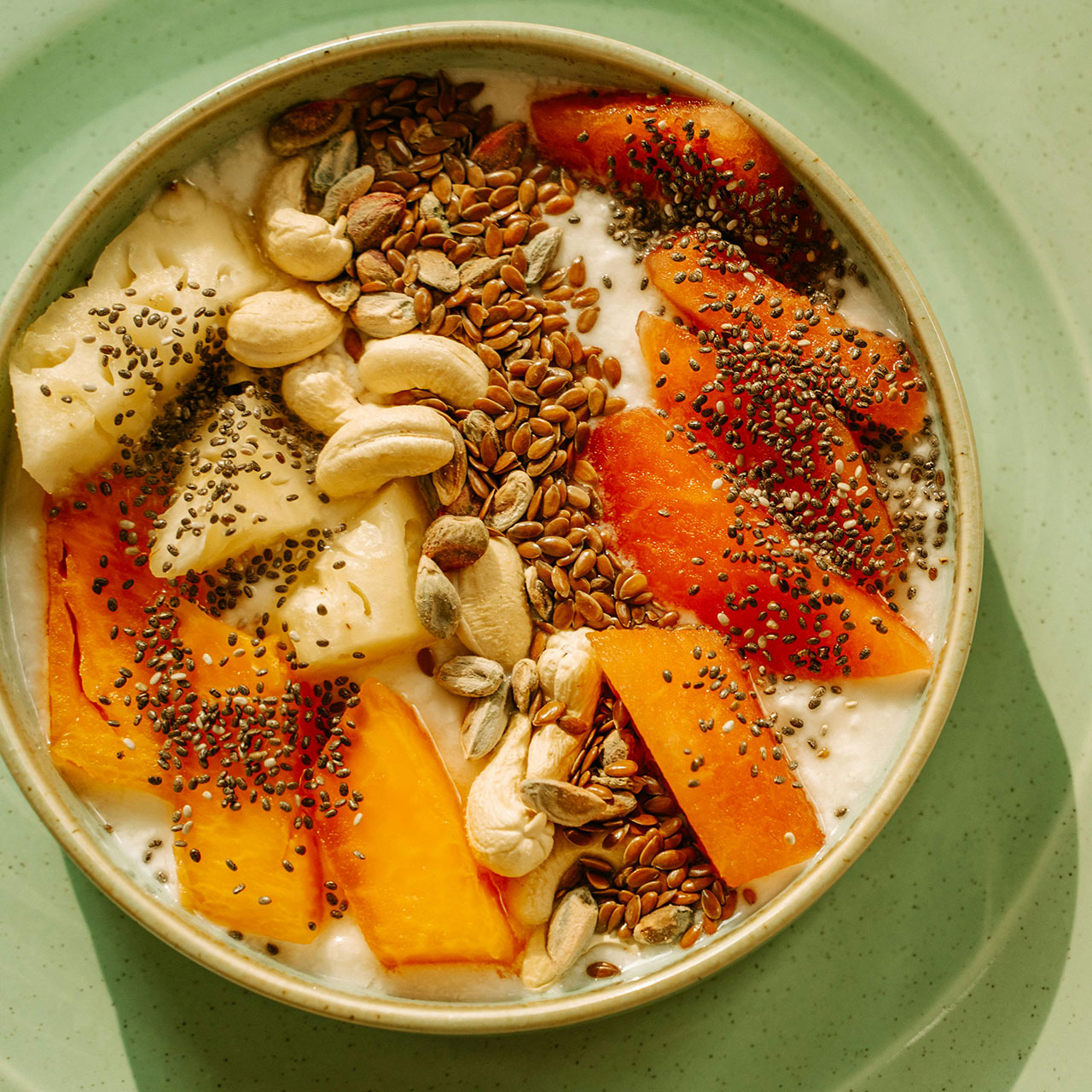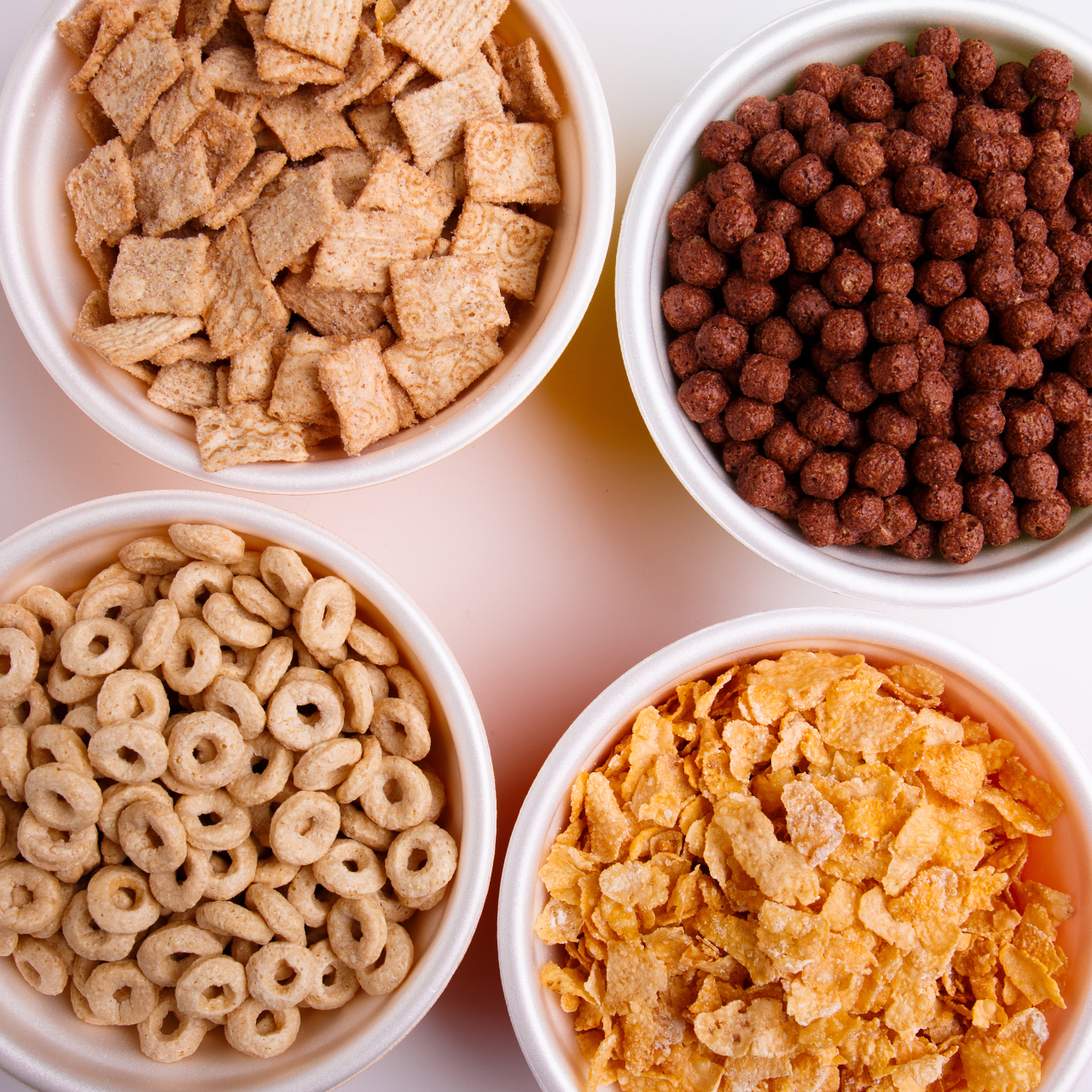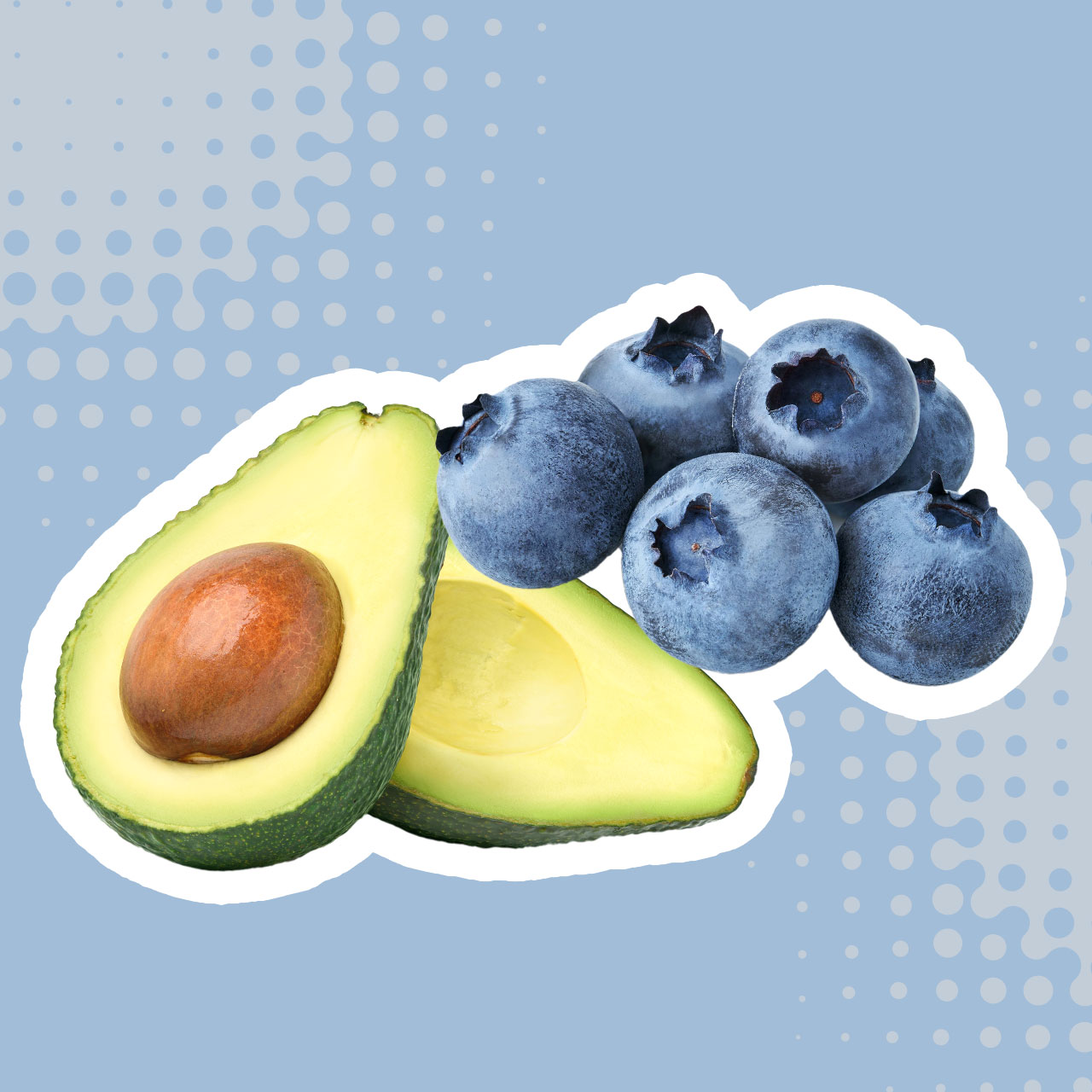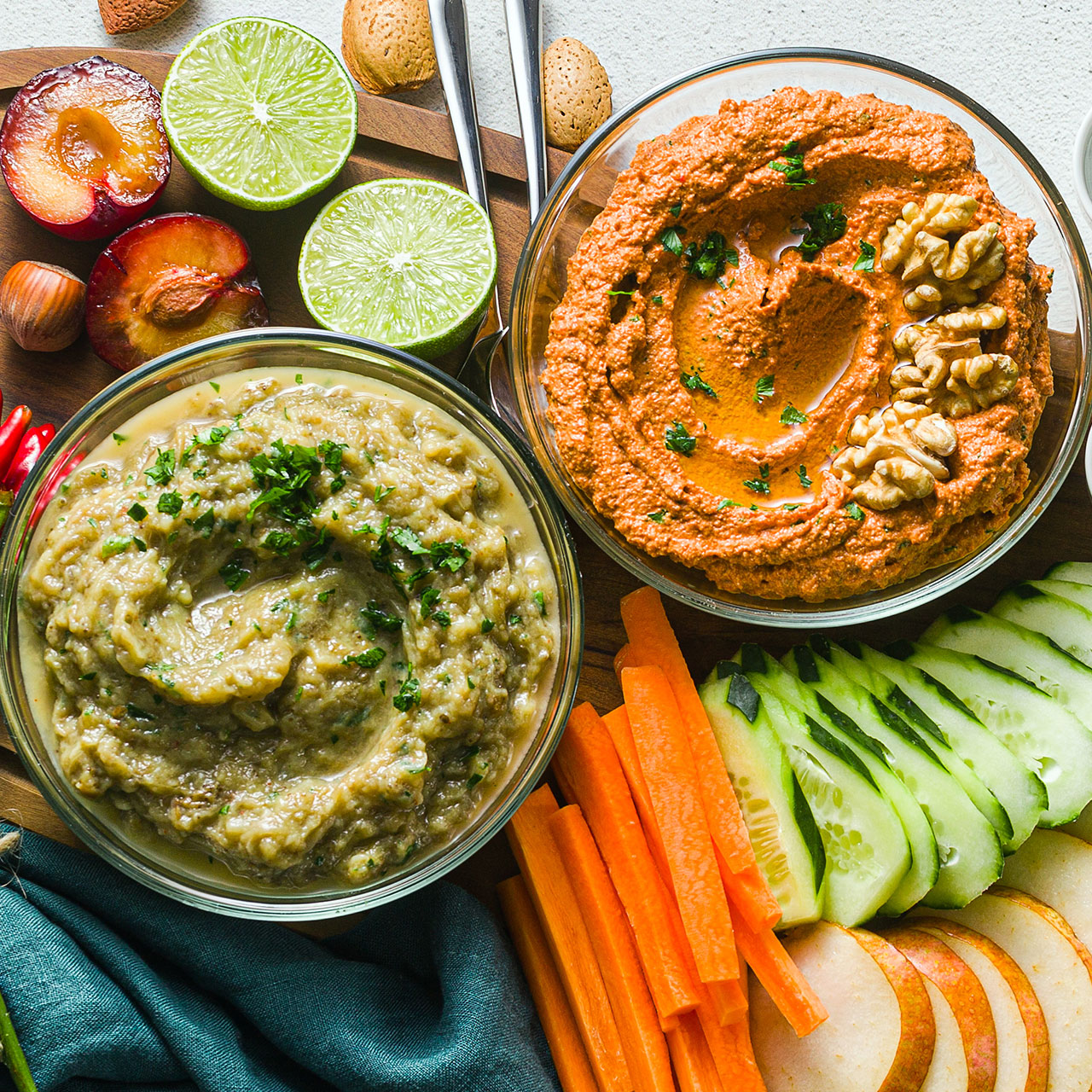Metabolism, the intricate series of processes vital for sustaining life, encompasses the conversion of food into energy, tissue maintenance, and waste elimination. Diet plays a pivotal role in influencing metabolic efficiency, with a balanced and nutritious intake serving as the foundation for overall well-being. While factors like genetics and physical activity contribute to individual variations in metabolic rates, certain foods are believed to offer a modest boost.
We spoke with Destini Moody, RD, CSSD, LD, sports dietitian and founder of The Athlete’s Dietitian, to reveal to us two common foods we can easily incorporate into our diet because it helps accelerate metabolism. Moody revealed that two metabolism-boosting foods are green tea and protein-rich foods.


Green Tea
Green tea has recently gained attention for its potential role in accelerating metabolism. Rich in catechins, green tea is believed to contribute to increased fat oxidation and a temporary boost in metabolic rate. EGCG has been studied for its potential to enhance thermogenesis, the process by which the body burns calories to produce heat. While the effects are generally modest, incorporating green tea into a balanced diet may have a positive impact on metabolism and contribute to overall weight management.
"Studies show that green tea and matcha (which is just a more concentrated form of green tea) can help boost your body’s mechanism for burning fat even while at rest. It may even help you burn extra calories during exercise along with containing anti-inflammatory antioxidants," Moody says.
She further adds that this drink may potentially aid with shedding belly fat. "An extensive meta-analysis suggests that green tea and green tea extract can help reduce belly fat. A compound found in green tea called EGCG has been shown to reduce waist circumference. Taking 500 milligrams of green tea daily for approximately 3 months can produce results, according to studies. Further research may be necessary, however."
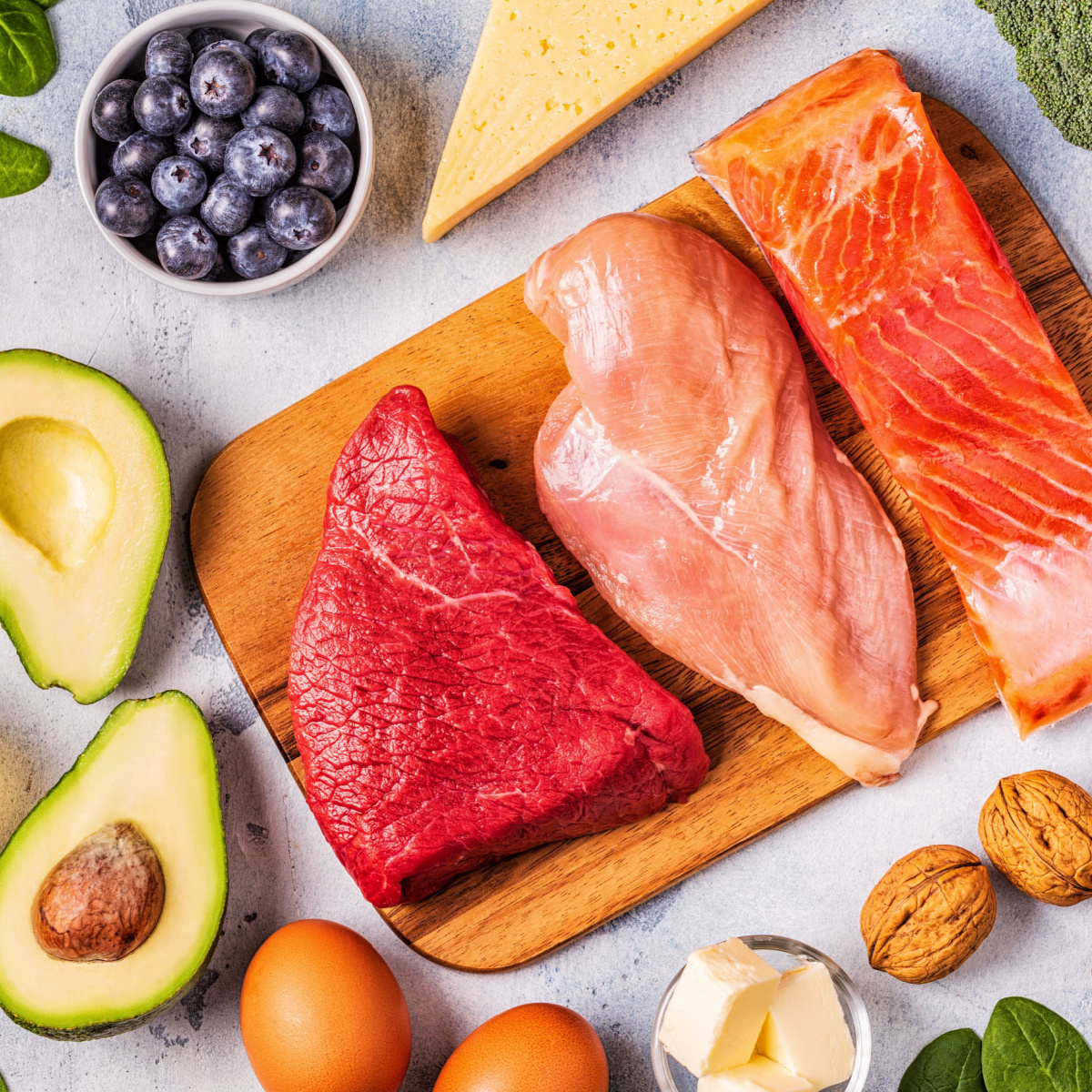
High-Protein Foods
High-protein foods have been associated with a potential to accelerate metabolism and support weight management. Protein plays a crucial role in the thermic effect of food, meaning the body expends more energy to digest and metabolize protein compared to fats and carbohydrates. This heightened energy expenditure can lead to a temporary increase in metabolic rate, contributing to overall calorie burning. Moreover, a diet rich in protein helps in the maintenance of lean muscle mass, which is essential for a healthy metabolism.
Moody says, "When compared to the other macronutrients, carbs and fat, protein has been shown to require more energy to burn. Basically, it raises your TEF or thermic effect of food. Digesting food requires some energy to perform and protein seems to use the most of that energy."
Consuming foods high in protein may temporarily boost your metabolism as they demand increased energy expenditure during the digestion process. Moody adds, "This is known as the (TEF) or diet-induced thermogenesis. Digestion of fat increases your metabolism by up to 3%, up to 10% for carbs, but protein can increase your metabolic rate by up to 30%. So, just the simple act of eating more protein can raise your metabolism, according to science."











